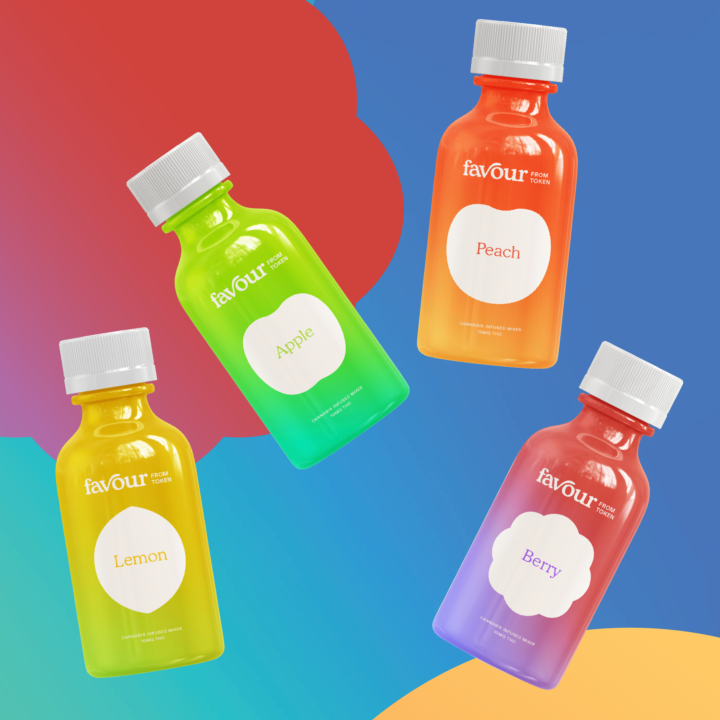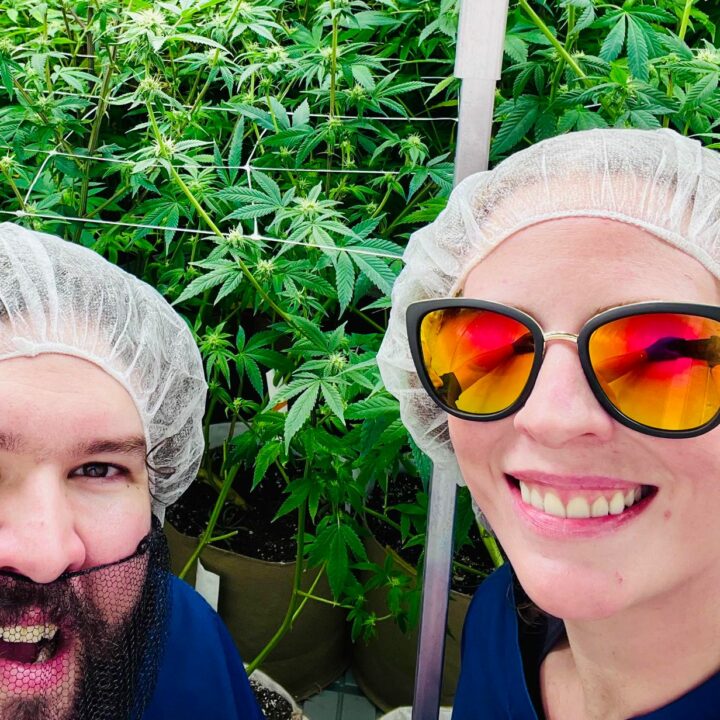An Industry Ready to Bloom: Thoughts on Deloitte’s 2018 Cannabis Report
Recently, Deloitte came out with their 2018 cannabis report, an anticipated follow up to the informative 2016 report. Subtitled “A society in transition, an industry ready to bloom”, the report came out just before it was announced that Bill C-45, the Cannabis Act, was passed through the Canadian Senate.
I found this report particularly interesting when reading it through the context of Token’s future. As a product development company, we intend to be producing drinkable products when regulations allow for them. With this in mind, there are a number of observations Deloitte has made here that I’m keeping my eye on.
Deloitte looked to current and likely recreational consumers to gain insight into whether consumption levels will change, what kind of products consumers will buy, and how they’d like to buy them. I encourage you to read it for yourself, but there are a few highlights I’ve pulled out to discuss.

Legalization will attract more 35 to 54 year-olds to cannabis. Deloitte’s research indicates that this new consumer group skews heavily toward having has a university degree, a family, and responsibilities. Those that are more risk-adverse will become more comfortable with using cannabis, therefore the demographics and behaviours of the cannabis consumer could really shift. The experiences that consumers as a whole are seeking to derive from cannabis will change as this older group likely has different needs and applications for cannabis than the younger, more fun-seeking segment. They may require stress release to relax from the responsibilities of life, mental acuity to sharpen focus at the office, pain management from a newly aging body. This also makes me think that, if these consumers are in fact using cannabis for more than fun-seeking, the need for precise dosing and dependable experiences will be even more important.
Cannabis could prove to be a substitute for alcohol. Here’s where things get really interesting. There’s a reason that liquor control boards, large liquor retailers, and alcoholic beverage producers are investing in Canadian cannabis. Deloitte suggests that cannabis will serve as a substitute for beer, spirits and wine. Market share of leisure consumables will shift from alcohol to cannabis. For Token, a company working towards drinkable cannabis products, this strengthens our resolve. 31% of Canadians are interested in using drinkable products when they are legal. This is further backed up by the stat that 41% of current recreational users use cannabis as an alternative to alcohol – and that’s when it’s illegal. Imagine how those numbers will increase as social stigma decreases and access increases.
Most consumers expect to purchase products at physical retail locations. It has been long accepted that the online market is and will be one of the most lucrative sales channels for cannabis, and while it seems online will still be active these numbers tell a slightly different story. This is going to be an interesting one to watch unfold, as most provinces will be controlling online sales. Provinces who own the distribution centres can keep the prices lower online than in the storefronts they are supplying, which could sway consumers to purchase online. But, as user stigma goes down, will consumers increasingly want the convenience of a storefront? We already know that, according to Deloitte, Canadians have said they want a knowledgeable staff to assist them in purchasing cannabis. The most critical feature for stores by far is having staff with strong product knowledge; the vast majority of Canadians agree this is imperative. We will see which factor influence purchasing the most: staff knowledge, price, or convenience.
Now that legalization has a date set and the theory becomes a reality, we will watch to see if the predictions outlined in the report feed into practice. For those who have read through the report, which insights grabbed your attention?
Thumbnail image taken from Deloitte
Share This



